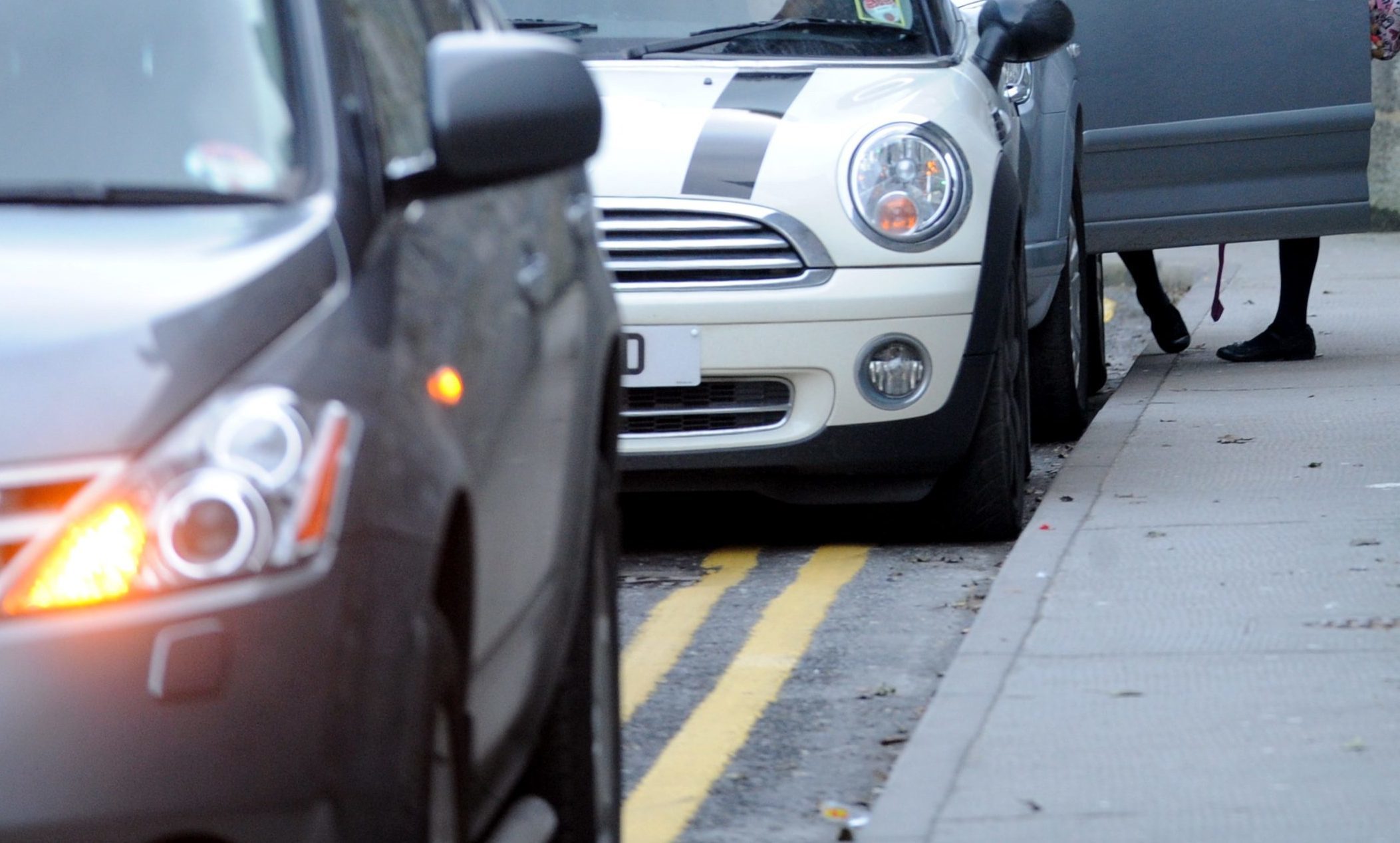A scheme which could see parking outside certain primary schools completely banned is being considered by Fife Council.
Transport officials are closely monitoring a pilot project in Edinburgh which is said to have brought about a marked increase in the number of pupils walking to school, as well a reduction in the number of cars around schools – a particular problem faced by many Fife schools in the morning and afternoon.
With that in mind, The Courier understands that a similar pilot could be introduced in Fife in a matter of months and could be rolled out region-wide if it proves successful.
Council officers are to visit one of the pilot areas in Edinburgh to hear their experience and learn how such an initiative might work on the other side of the Forth.
The issue has been raised by Tay Bridgehead councillor Tim Brett, who welcomed Fife’s own evaluation of Edinburgh’s School Streets scheme – which also led to lower vehicle speeds on surrounding roads at nine selected pilot areas.
“This is a quite different and radical approach that Edinburgh have adopted,” he said.
“It needs careful examination and it would need each school to be looked at individually, but this is a problem that almost every primary school in Fife has.”
Kirkcaldy North councillor Neil Crooks has similarly welcomed moves to examine the initiative, suggesting that some schools had “tried absolutely everything” to alleviate parking problems.
And he added: “I sometimes think if the doors were wide enough that some parents would drive right into the school.”
Council leader David Ross confirmed the local authority’s intention to visit a pilot site to see what lessons could be learned.
“It is envisaged that a report would be brought in early 2017 which would give sufficient time to review the pilot results and assess how such a measure could be introduced in Fife and what the implications would be,” he said.
One school which hasn’t had its parking problems to seek is Dunnikier Primary in Kirkcaldy.
Situated in a built-up area of town, staff at the school have tried various methods to encourage people to walk to school or park away from the gates – although a small minority continue to ignore the safety messages.
“The problem for us in Dunnikier, which is maybe unique to our context, is that we’re in a high density housing area and are surrounded on all sides by flats and houses,” headteacher Ann Hatch explained.
“Residents park here and we don’t have a staff car park so we’ve got issues with finding places for staff to park.
“We have signs around the school which say no parking and we have chevrons, but we’re finding people are still parking on those. So we put cones on the chevrons to prevent people from parking on the chevrons, but people parked in between the cones so that didn’t really make much of an impact.
“We also bought these dummies you get for football training, a lifesize dummy, and we put a Dunnikier Primary uniform on him and put him out on the chevrons. We’ve tried lots of creative ways of engaging with our parental community.
“Most of the parents are safe and reasonable and considerate, but it’s a very small number causing a very large risk.”
Launching Dunnikier’s new school travel plan on Thursday, Mrs Hatch said she was aware Fife was watching the Edinburgh pilot with interest.
But she noted: “I don’t think there’s a one size fits all solution to this, because there is different context in different areas.
“It would really have to be done with the local community, and you have to have local community buy-in because if you don’t get your parents to buy in to something it’s not going to work anyway.
“It’s about changing the culture of the parents and sometimes you have to do that through the education of the children.
“We’ve said to the children: ‘If your mummy or daddy tries to park in a certain place, you can remind them that Mrs Hatch says it’s not safe to park here’.
“So hopefully through the children we can get to the conscience of the parents.”
